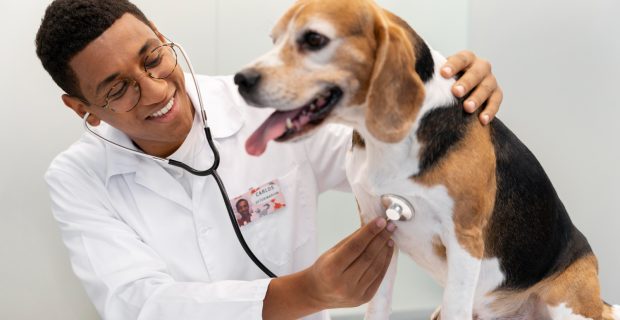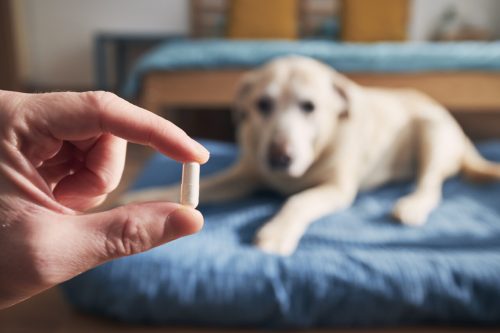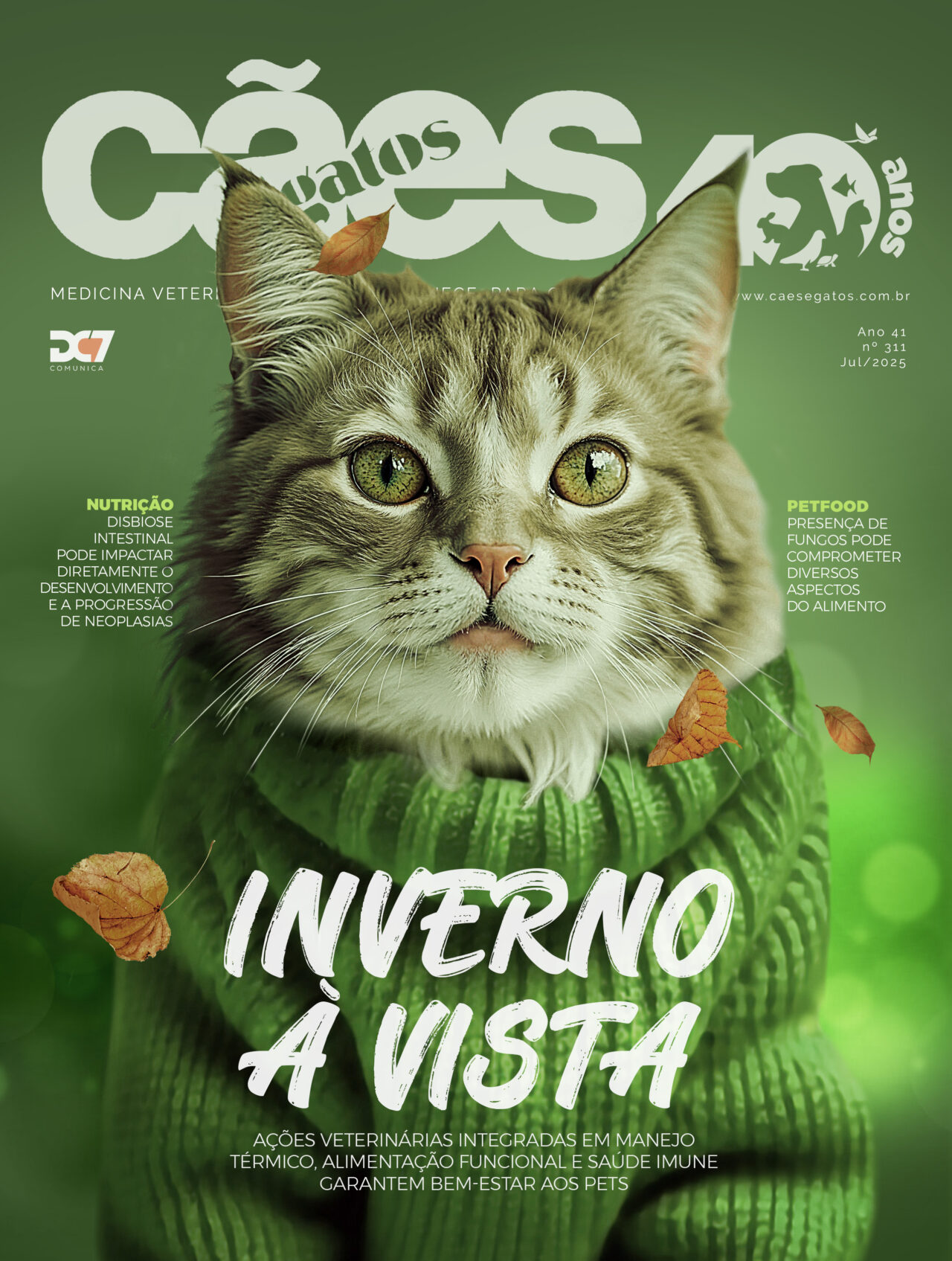O termo microbiota se refere ao agregado de material genético de todos os microorganismos vivendo em um determinado habitat e inclui principalmente bactérias, mas também vírus, fungos e outros organismos unicelulares (1).
Leia o artigo completo na edição de novembro de 2023. Abaixo, as referências bibliográficas utilizadas pelas autoras
- Wernimont, Susan M., et al. “The effects of nutrition on the gastrointestinal microbiome of cats and dogs: impact on health and disease.” Frontiers in Microbiology 11 (2020): 1266. Pilla, Rachel, and Jan S. Suchodolski. “The role of the canine gut microbiome and metabolome in health and gastrointestinal disease.” Frontiers in veterinary science 6 (2020): 498.
- Pilla, Rachel, and Jan S. Suchodolski. “The role of the canine gut microbiome and metabolome in health and gastrointestinal disease.” Frontiers in veterinary science 6 (2020): 498.
- Texas A&M-c. FOLATE INFORMATION. Texas A&M University Veterinary Medicine & Biomedical Sciences, Texas, ©2022. Disponível em: <https://vetmed.tamu.edu/gilab/research/folate-information/>. Acesso em: 19 de out. de 2023.
- Suchodolski, Jan S. “Diagnosis and interpretation of intestinal dysbiosis in dogs and cats.” The Veterinary Journal 215 (2016): 30-37.
- Vich Vila, Arnau, et al. “Impact of commonly used drugs on the composition and metabolic function of the gut microbiota.” Nature communications 11.1 (2020): 362.
- Kather et al. Review of cobalamin status and disorders of cobalamin metabolism in dogs. Journal of Veterinary Internal Medicine. v. 34, p.13-28, 2020.
- Sharma, Manvi, et al. “The epigenetic connection between the gut microbiome in obesity and diabetes.” Frontiers in genetics 10 (2020): 1329.









